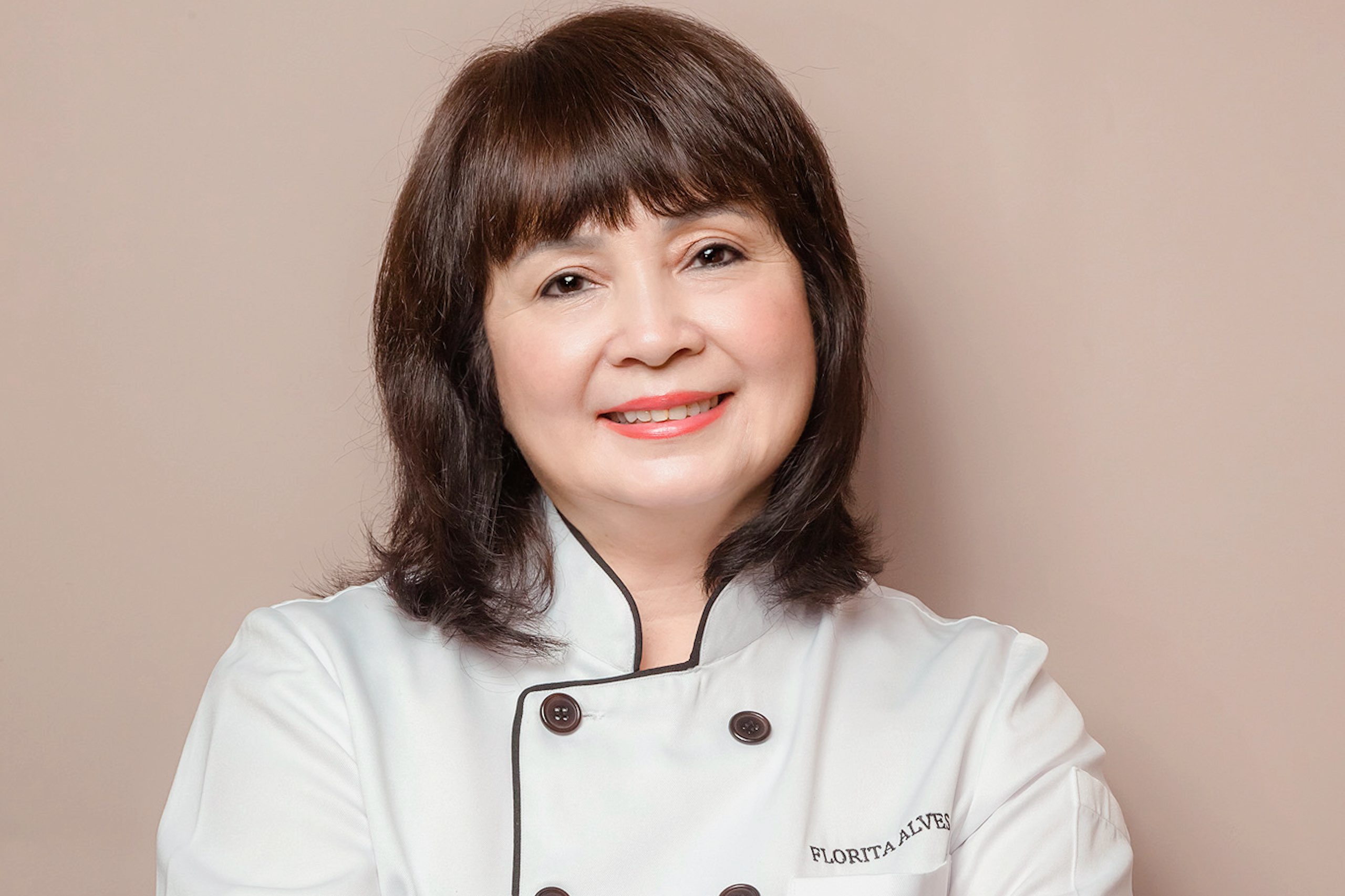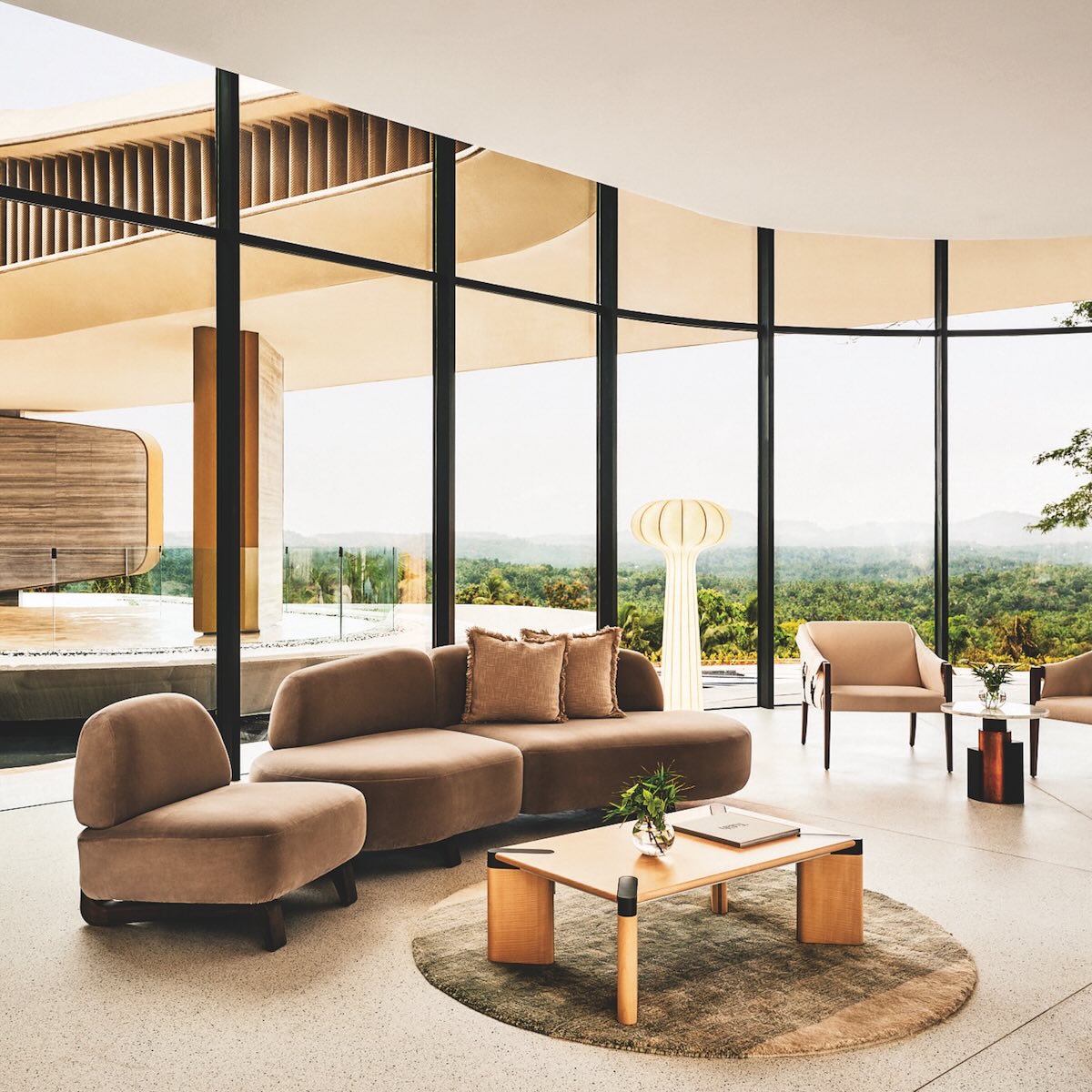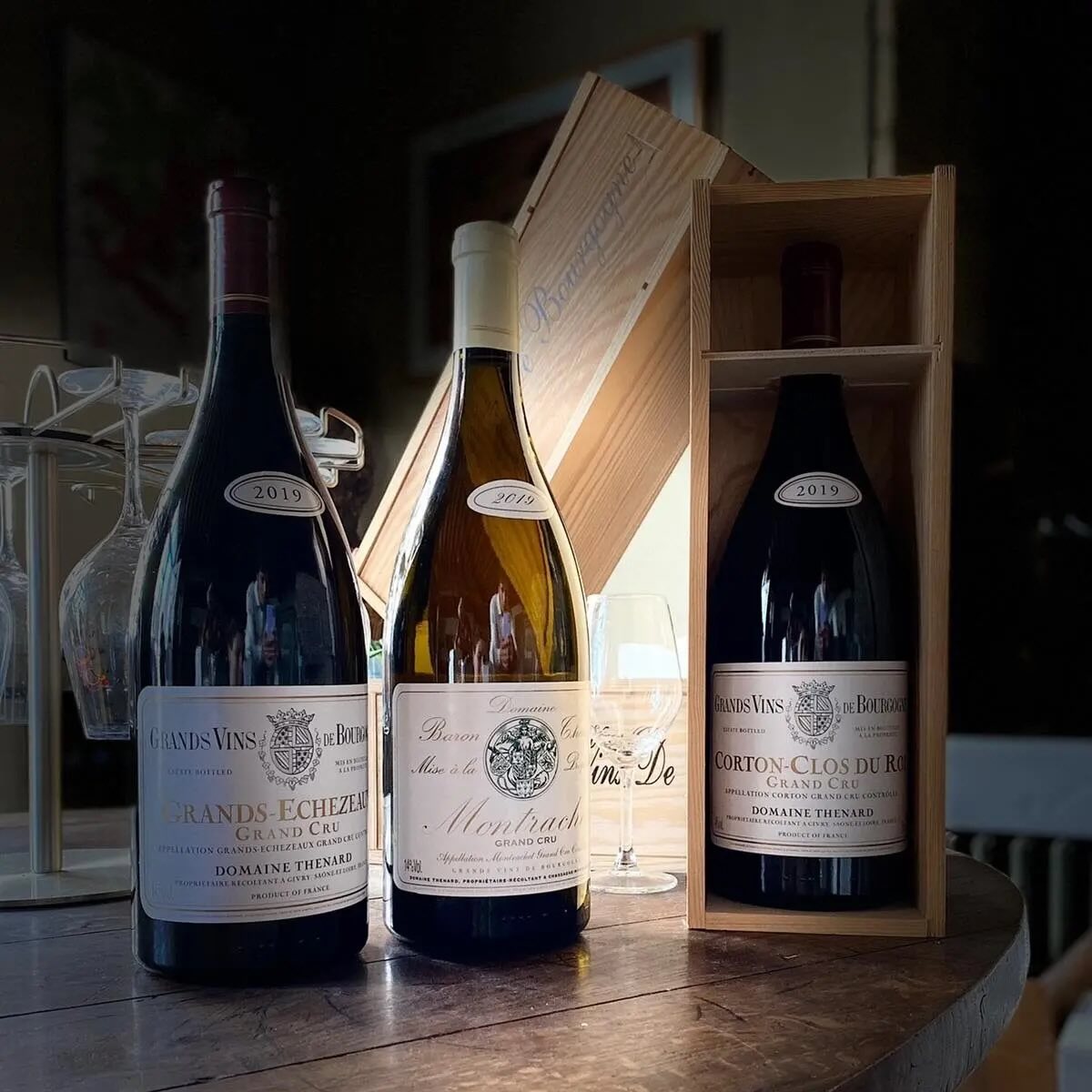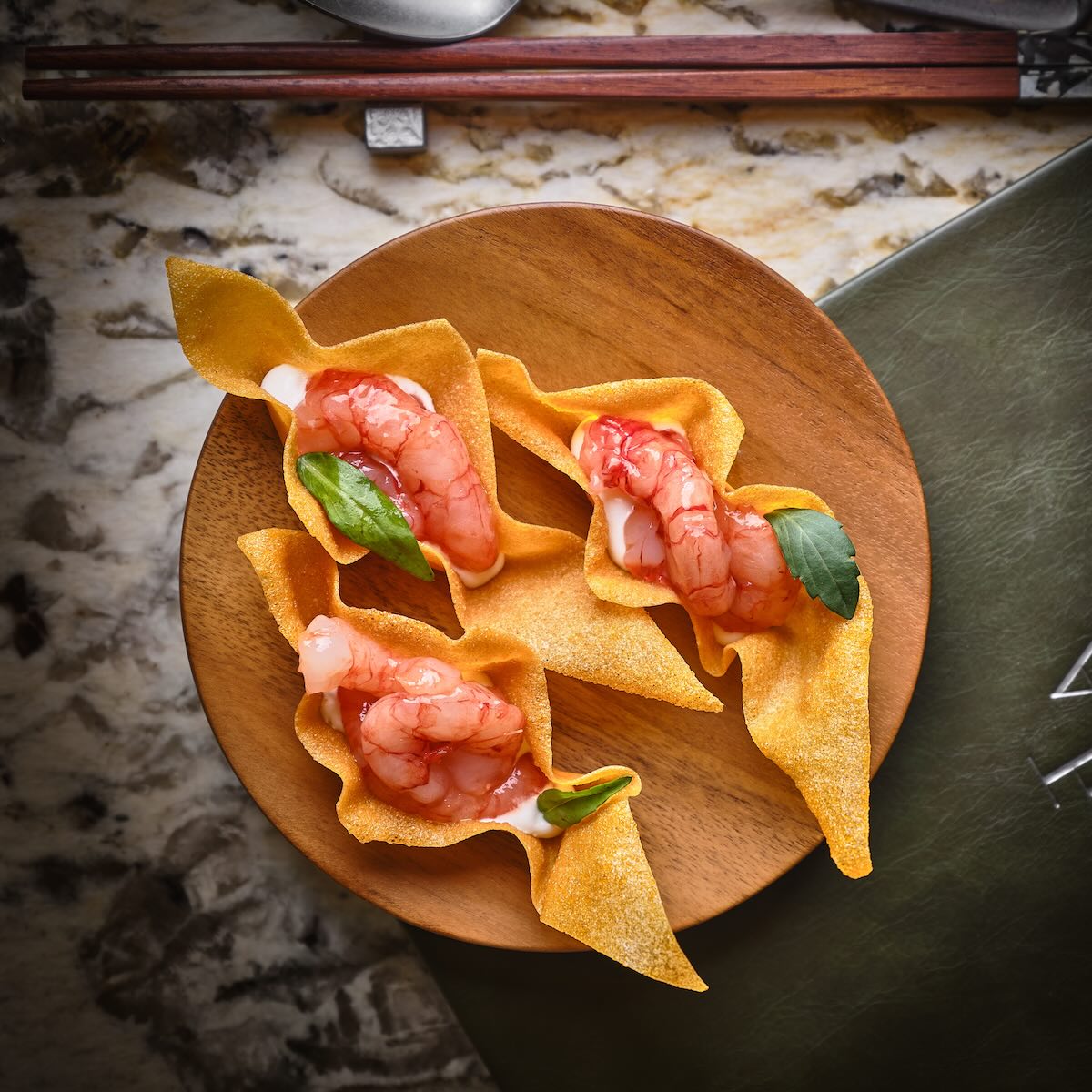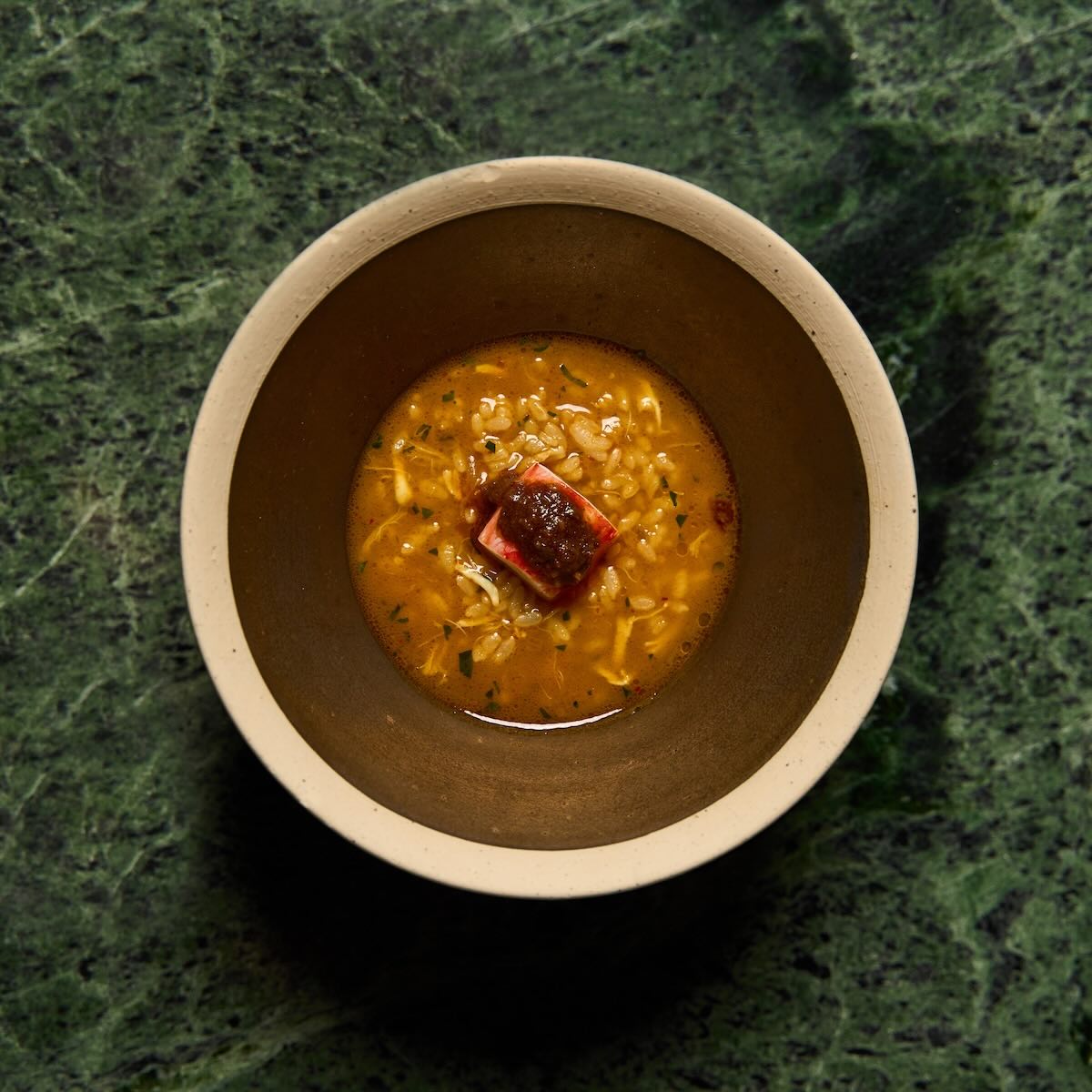This story is part of a series of features covering MGM x RR1HK Culinary Masters Macau 2024, hosted at MGM COTAI in Macau on 28–30 June 2024.
As you read these words, some of the finest chefs in the world are in their respective kitchens, mulling over recipes, ingredients, and ideas for plating and presentation as they prep for the grand return of the most-anticipated culinary event of the year: MGM x RR1HK Culinary Masters Macau 2024. Back in Macau from 28 to 30 June, flights are booked and prized equipment, fine produce, and a boatload of talent is eastward-bound, heading to MGM COTAI to pen the second chapter of RR1 Hong Kong’s Culinary Masters in Asia.
With an ambitious theme of “Savor 700 Years of Silk Road Flavors: A Gastronomic Odyssey,” this year’s event will bring together stellar chefs from Asia, Europe, and the Middle East for a series of captivating activities and meticulously prepared dinners, culminating with a 12-hand pièce-de-résistance dinner that promises to be a showstopper.
One of the chefs taking part is the grand dame of Macanese cuisine, the force behind La Famiglia: chef Florita Morais Alves. Her restaurant, in the arteries of Taipa’s Rua Dos Clerigos, stands out among colourful houses and shops of every vintage. La Famiglia looks like a whimsical chalet, each floor filled with such vibrant hue, light, and love of cuisine that’s been passed down through the ages, and Alves can just as handily serve a hot plate of minchi minced meat and potato hash dish as she can a quick history lesson.
Born and bred in Macau, Alves is one of the handful who can ascertain the difference between Macanese and Portuguese cuisine, a conflation lesser writers have erred in writing about as synonyms. A fine line demarcates the two, and it’s important to denote as history and recipes alter so significantly. Alves is all about authenticity and integrity, honouring Macau’s rich legacy, influences, and amalgam that now meets on a plate. A known face among cooking circles, she has led the charge in promoting Macau’s rich gastronomy and earned top accolades and that elusive title of being the culinary ambassador of Macau.
La Famiglia exudes an irresistible, warm charm, unquestionably because of the restaurant’s chef, who comes to the table with significant honours tucked behind her aprons. Alves was awarded the “Best European Chef” award by CEUCO (European Council of Enogastronomic Brotherhoods) in Athens, Greece, and La Famiglia was chosen as an “Essence of Asia 2021” restaurant, deeming it one of the top 50 Asian restaurants.
As busy as La Famiglia is, there is no break between lunch and dinner as guests and tourists teeter in at any and every hour. In that weird chasm between teatime and dinner rush hour, we grab a bite with the good chef herself.
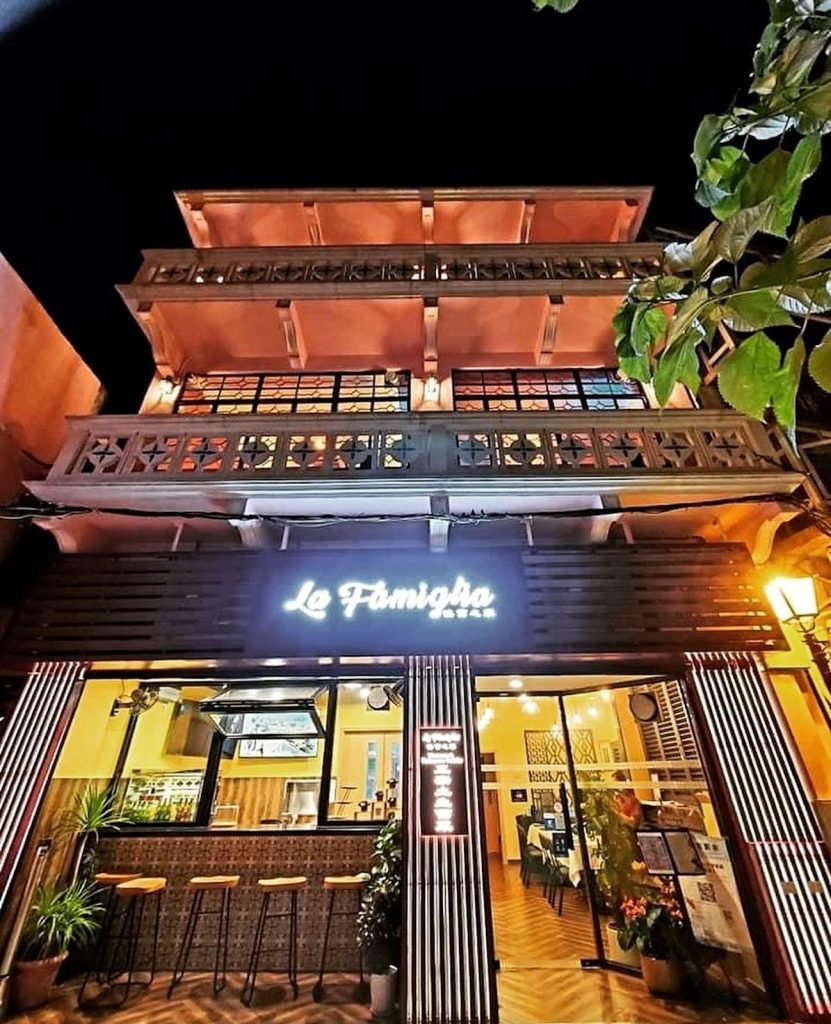
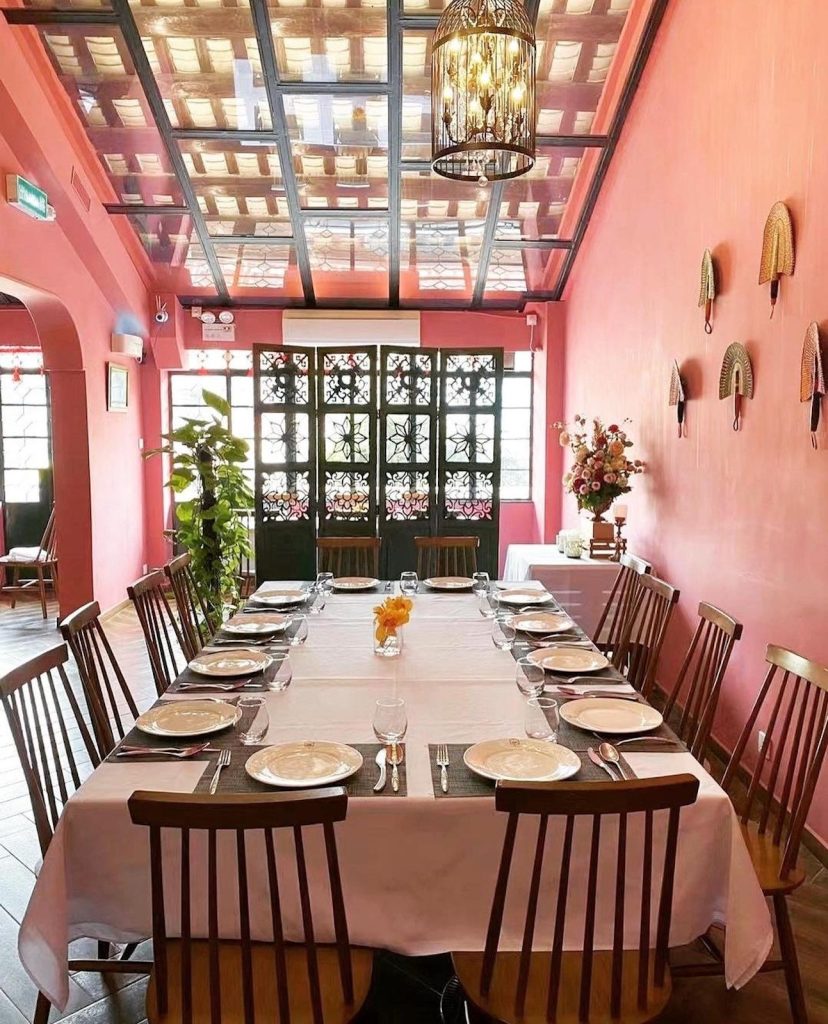
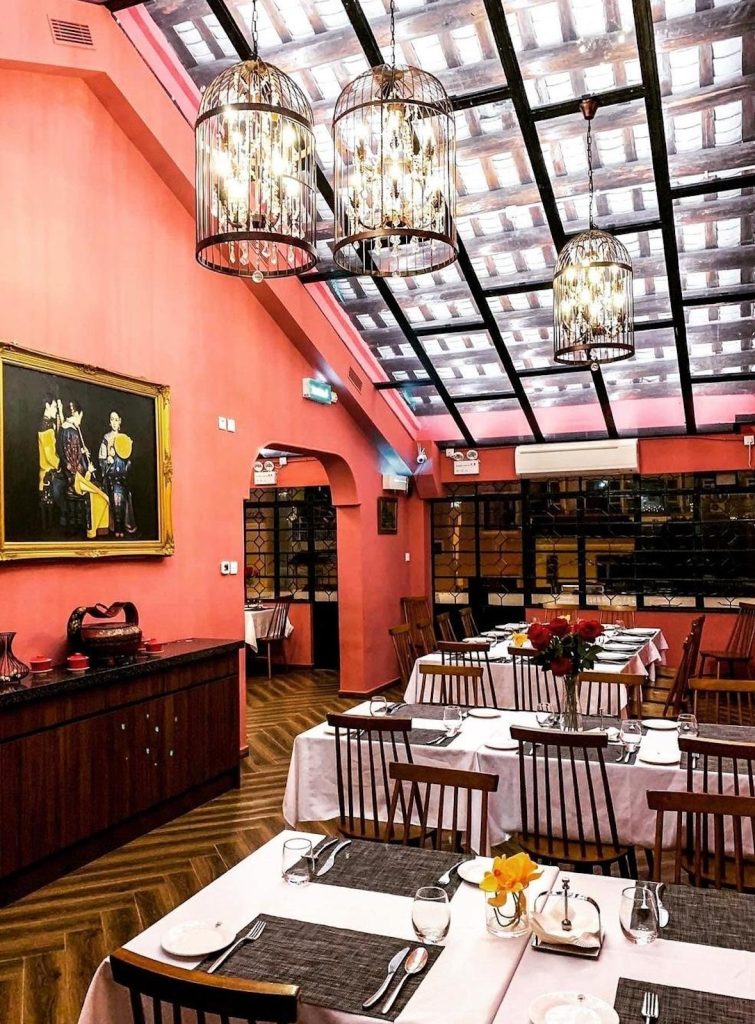
You switched from civil service to dining after retirement—what inspired the leap?
Since an early age, I used to go to the wet market with my grandmother; this was my first contact with raw ingredients and that is what sparked my curiosity about food. Starting in my late teens, I was part of a Portuguese folk-dance group and I had the opportunity to travel to various countries together with representatives of the former tourism department (now MGTO) which included experts of Macanese cuisine doing promotions about Macau, and I was inspired by the experience.
Macanese food is commonly seen as a hybrid of East and West culture on a plate. Do you see it as that is well or do you have your own definition of what it is?
“I see Macanese food as a fusion cuisine, and probably the first one, because it’s centuries-old and it incorporates not only [the] cooking methods of Portugal [and China], but also uses ingredients that originate in Europe, Africa, India, Southeast Asia, and South America.”
What are some of the essential dishes you recommend people should try when they come to Macau?
Our famous minchi is a must-try because it’s very popular among our community. I would also recommend porco balichão tamarindo (braised pork with balichão salted shrimp sauce and tamarind sauce) because this showcases the maritime journey of the Portuguese from Europe to Macau and it has a bit of every region. Porco bafassá (turmeric pork) is also a very well-balanced dish, flavour-wise.
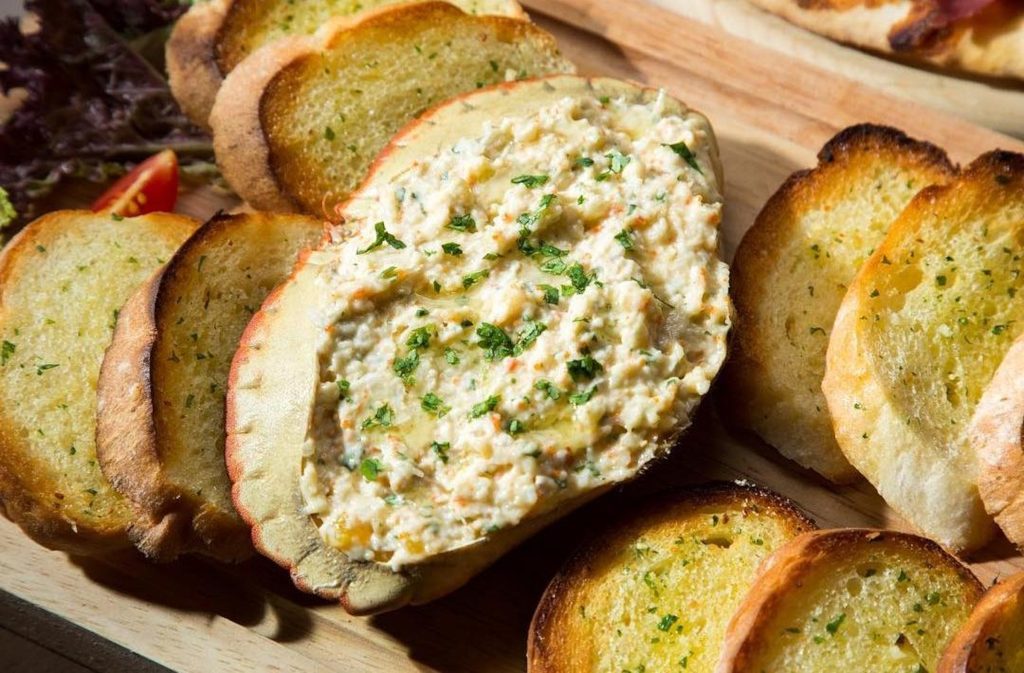
In the past, you’ve spoken about craftsmanship in kitchens—skilled hands did the work. Do you see this fading with time or is a new generation of young chefs still interested in learning about past, tried-and-true techniques?
Yes, I think craftsmanship in kitchens and skilled hands, [this art is] fading, because Macanese cuisine is a slow, family-cooking kind of artisanal food production, and it’s hard to transmit in a professional kitchen where most young chefs are trained, in a world dominated by processed and mass-produced food with modern methods and techniques. But I believe since Macanese cuisine was declared a National Intangible Cultural Heritage by the People’s Republic of China, I can see an increase of interest in learning about Macanese cuisine and culture.
What advice would you give to students who aspire to enter the culinary industry?
Think and make sure there is a passion for it, because it requires a lot of hard work and discipline.
What are some of the key ingredients, spices, or preparation methods that you believe are essential to capturing the essence of this distinctive fusion?
[We enhance] basic proteins like chicken, pork, beef, fish, and shrimp with spices such as turmeric, cloves, star anise, cinnamon, peppers, cumin. In regards to the preparation methods, we use Portuguese and Chinese cooking techniques.
What message or experience do you hope guests will take away after immersing themselves in the multi-course Silk Road feast you and the other five chefs have created?
I hope that the guests will leave knowing that although we all come from different backgrounds, our cuisines are connected through the shared heritage acquired from the Silk Road.
What excites you most about the opportunity to work alongside chefs from different cultural backgrounds for this unique dining experience?
[It’s the] opportunity to work alongside chefs from other Silk Road cultural backgrounds; I hope that we can share our experiences, our culinary techniques, and to learn from each other.
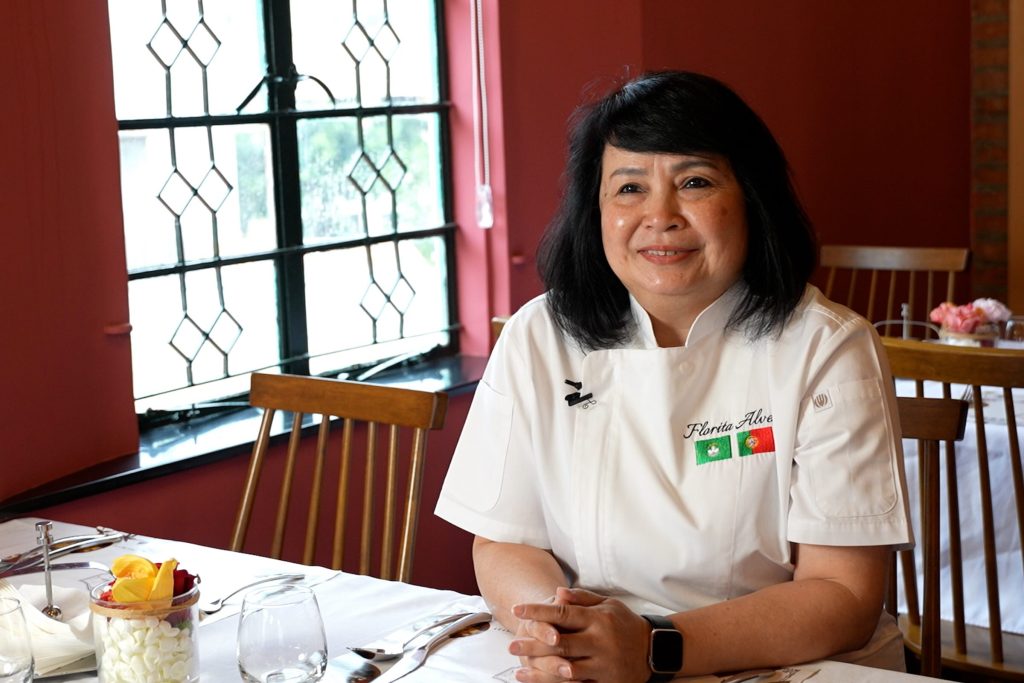
When curating a menu for Culinary Masters, what key factors do you consider?
When curating a menu for Culinary Masters, the factors that I will consider are to bring out the most iconic ingredients of my cuisine and showcase a variety of our most traditional dishes so that the audience can experience the unique flavours of Macanese cuisine.
This year’s theme at Culinary Masters is “Silk Road Flavours,” which has a significant historical aspect to it. How are you planning to interpret this theme into a dish?
I will use our traditional dishes to transmit the maritime route that my ancestors took.
What local or regional produce are you most excited to highlight in your dishes for the Culinary Masters?
I will highlight delicacies traditionally served during festive seasons.
If you could travel back in time, which Silk Road destination would you most want to cook in?
Goa in India.
What is one item that’s always in your fridge?
Curry.
The most important Macanese culinary tradition you’re honouring.
My identity.
Three words to describe your Silk Road-inspired menu?
Tasty, homey, and nostalgic.
What was the most surprising Silk Road ingredient you discovered during your menu development?
Fig!
For more delicious details, visit rr1hongkong.com/culinary-masters-2024.
Images of dishes, chef, and restaurant courtesy of La Famiglia Macau.





